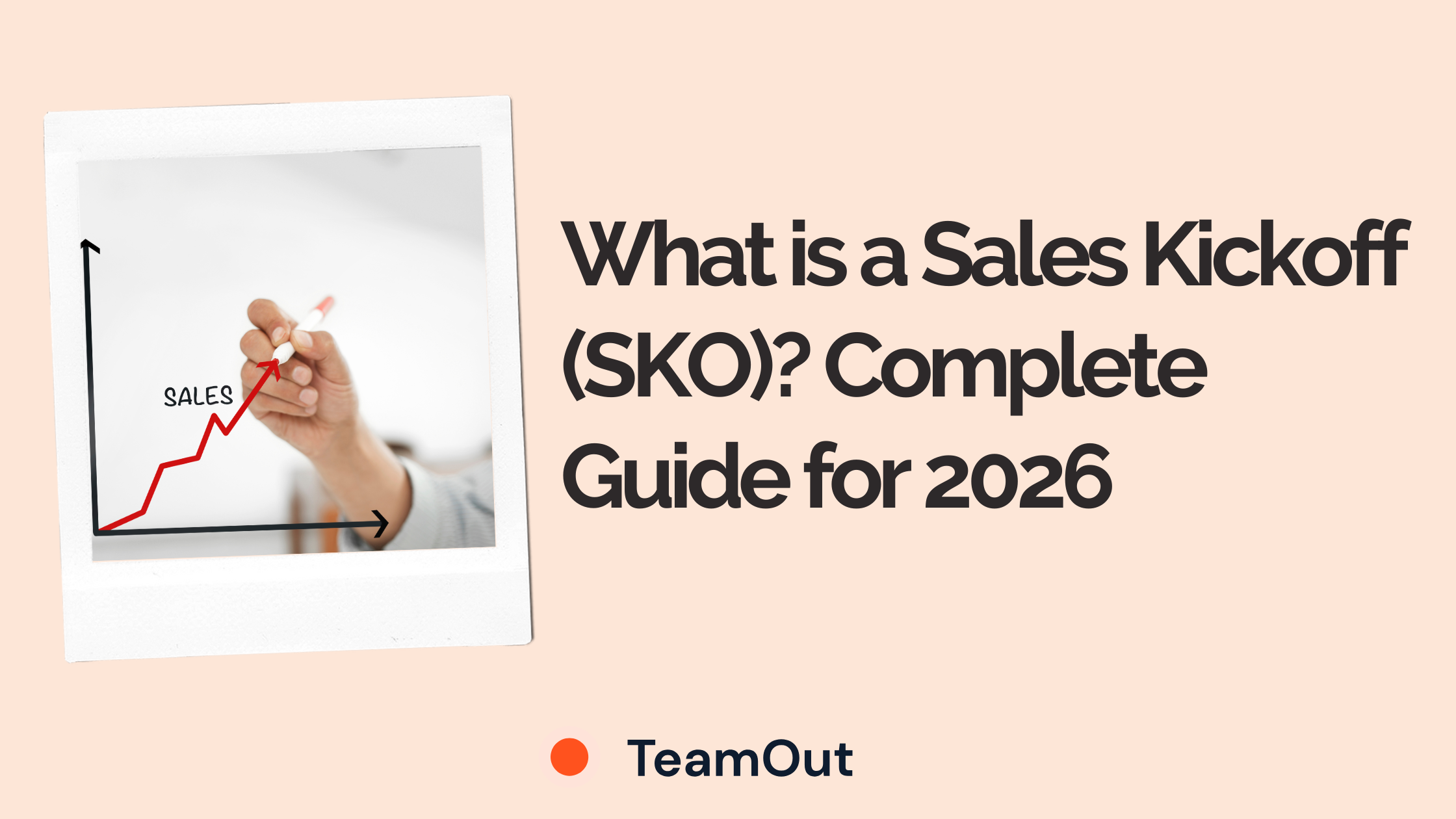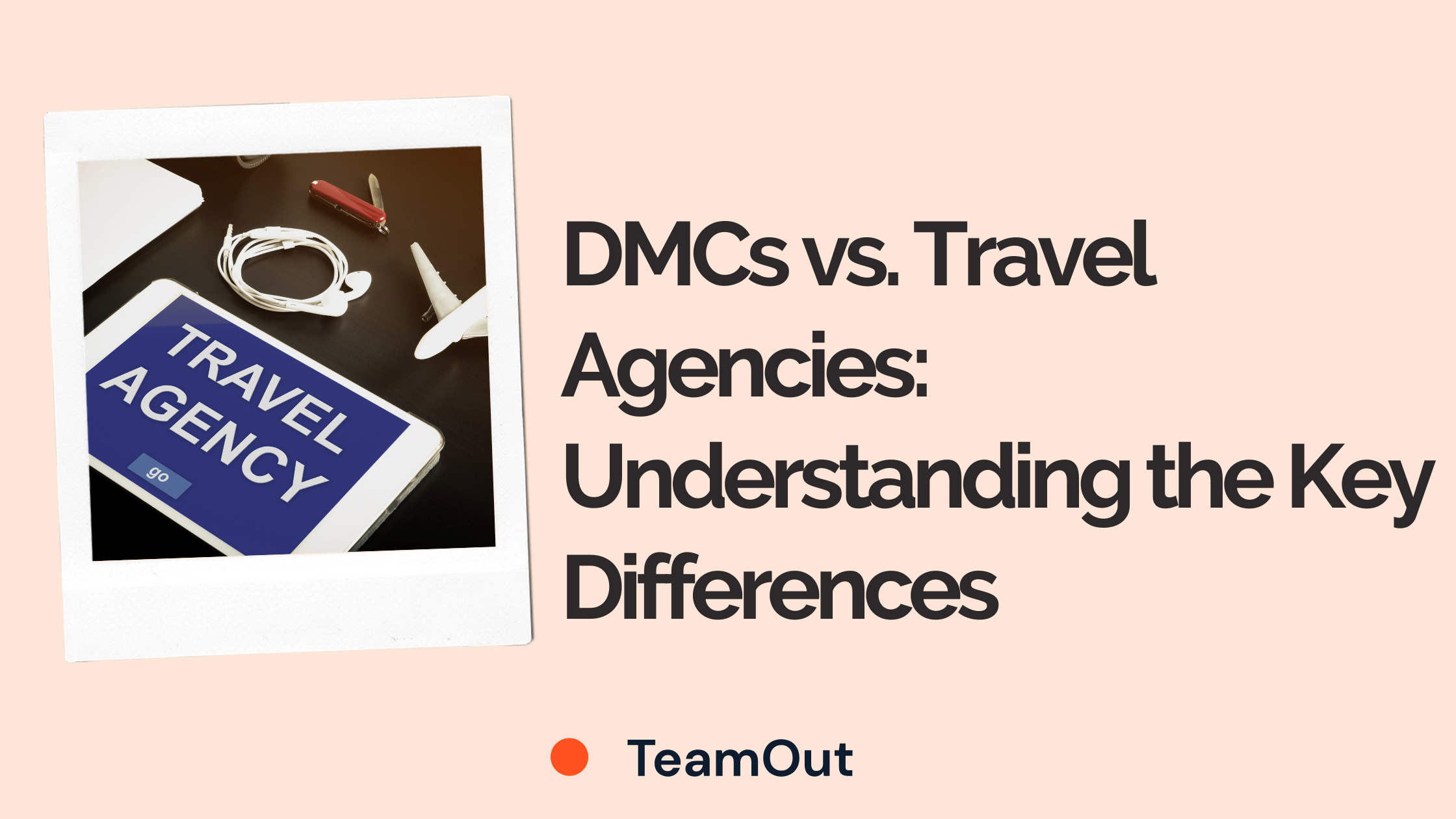The idea of “company culture” doesn’t describe a strict concept. It doesn’t mean exactly the same thing to everyone. And yet, when employees are asked what matters the most to them when it comes to their workplace, this notion is quite often at the top of their lists. This is why it’s so important for organizations not only to define their own company culture but to nurture it in a way that promotes employee retention. One of the best approaches to achieving this is through corporate retreats. Here’s what you need to know.
What Is Company Culture? Examples and definition
The term “company culture” is difficult to define because it’s so much more than the sum of its parts. It encompasses several elements that pertain to the company itself – including company mission, work environment, ethics and values, leadership style, objectives, etc. – and to the attitude of the people who work there. This means that how people interact with each other and how decisions are made plays a huge role in company culture.
While there’s no denying that this atmosphere is the result of years’ worth of habits, it is possible to cultivate a company’s culture deliberately. You can decide how you want your core values to be reflected in it.
For example, you could choose to promote:
· A team-based culture, emphasizing employee input.
· A formal model where responsibilities are clearly defined.
· A casual workplace where employees are encouraged to take on projects they are more passionate about as time permits.
· A “people over process” culture, to borrow Netflix’s expression.
· A culture of happiness as promoted by Google.
· And the list goes on…

Corporate Retreats: A Beneficial Practice for Your Company Culture
So how can you work towards shaping a company culture that truly resonates with you and with your employees? By cultivating your unique core values and fostering a sense of belonging.
Corporate retreats are a great way to strengthen and revitalize these principles. Retreats create an opportunity for companies to articulate their values and discuss common goals and ambitions away from the distractions of day-to-day work. During this reflective time, you can refresh company ideologies for older employees all while welcoming new recruits and helping them integrate these ideas.
Remote-first companies, in particular, need the right in-person environment to define their values. Retreats provide the ideal settings as they promote fun, intellectual curiosity, mental health, and even awareness about climate change and other social or environmental issues. Encouraged to be themselves, employees will naturally show how they embody your organization.
→ Find out here more about the benefits of corporate retreats (new article).
Team Building & Company Culture: Two Sides of the Same Coin
There is a strong correlation between team building and company culture. As co-workers spend more time together in a different context, the bonds they share improve. The mutual collaboration that happens over the course of team-building exercises fosters a sense of community. This, in turn, helps your company culture to develop and evolve smoothly, and in a way that is true to your ethics. It establishes coherence between the people and the direction business takes.
Corporate retreats are just as beneficial to company culture as they are to the employees who, through these events, feel recognized and their work celebrated.
->Check out our blog to read about great corporate retreat ideas.

Strengthen your Company Culture Through a Corporate Retreat
There are as many company cultures as there are companies. Yet, they all have one thing in common: collaboration, which every single firm relies on. The better employees get to know and understand each other, the more collaborative they can be at work. After a retreat, they continue to support one another and feel more comfortable asking for and receiving help. They also tend to offer their own help more willingly.
With time, it is natural for firms to become stagnant and their values to start gathering dust. By providing a context of change and an opportunity for hybrid work, retreats bring some much-needed fresh air into stale policies and work habits.
→Find out how TeamOut can help you create the perfect retreat for your teams!
FAQ
What are company culture examples?
Google is well known for its unique, employee-focused organizational company culture. By cultivating happiness and nurturing the bonds between co-workers, Google manages to turn employees into brand ambassadors.
Netflix opted for an inspirational model, where teams are trusted to do what’s best for the company. This generates a sense of responsibility, accountability and self-discipline.
Apple focuses on organizational culture, with an emphasis on creative innovation. Employees are encouraged to challenge standards and conventions to dream up the electronics of tomorrow.
What is the “culture” of a company?
Company culture is the sum of what people do in a company, how they do it, and why. It includes both formal systems and informal behaviors that underline interactions within the organization. At its core are the values the firm adheres to, which translate into a unique experience for employees as well as for customers.
What is good company culture?
What defines a great company culture varies immensely from one organization to another. In other words, the right company culture is the one that’s right for you! It should reflect your values and ethics and contribute to creating a work atmosphere that feels nurturing for every employee.
What 3 words describe the culture of a company?
Ask yourself (and your employees!) what your 3 most important ideals are as a company. For some, it will be creativity, happiness, and innovation. For others, it could be collaboration, flexibility, and inspiration.


















.webp)


